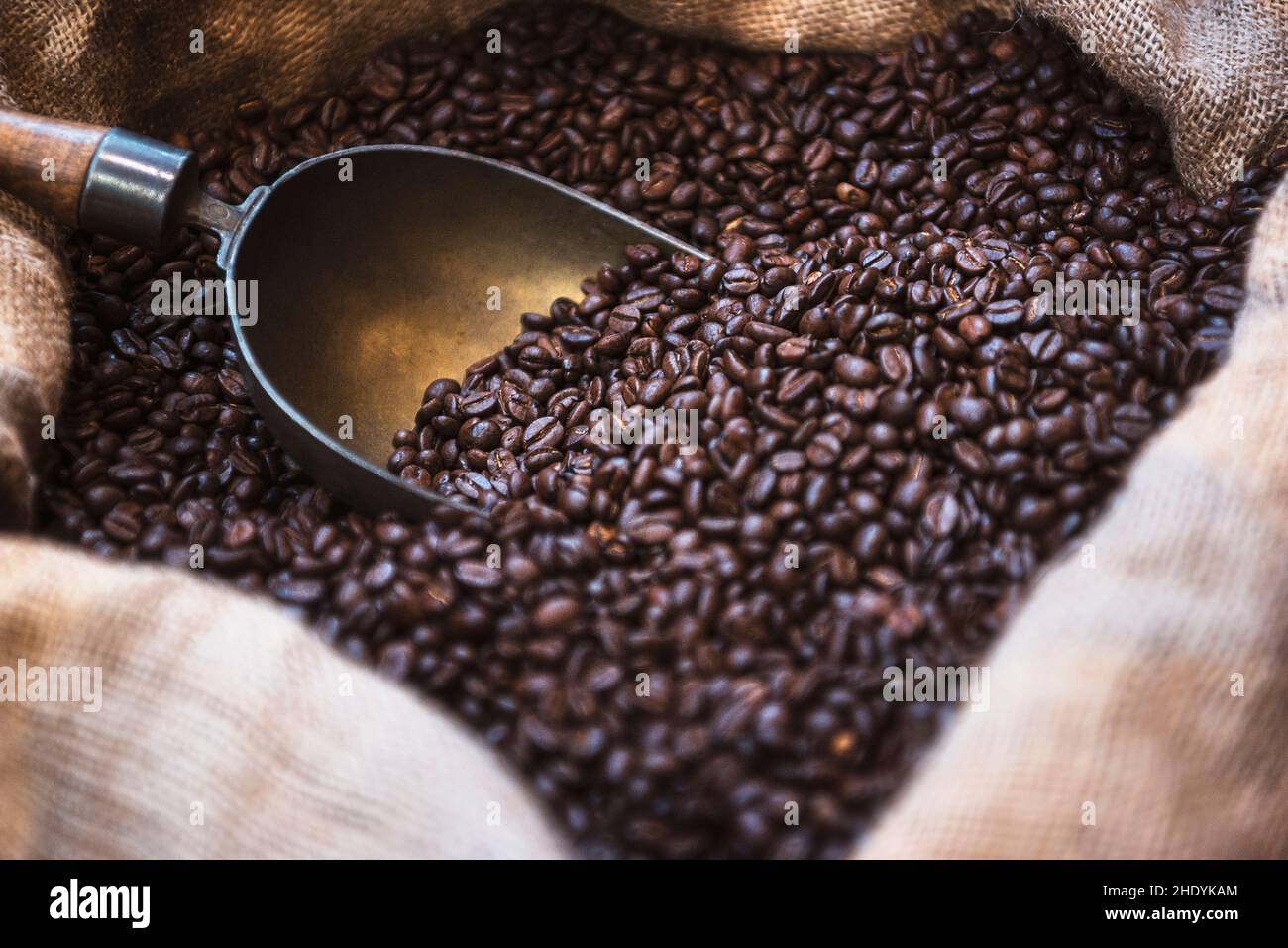Lately, the world of coffee has evolved into a sophisticated and fascinating landscape, enticing enthusiasts and lay drinkers alike. The term artisan coffee has become prominent as a beacon for those on the lookout for excellence and unique flavor experiences. With its roots grounded in meticulous cultivation and attentive processing, these coffees offer a taste adventure that stretches beyond your standard cup. For those wishing to immerse themselves in this diverse universe, comprehending the subtle flavor profiles is essential.
As you investigate the realm of premium coffee, you will encounter a variety of choices, from unprocessed beans to milled coffee. The distinction in flavor can often be linked to the type of bean, the roast process, and whether you are using coffee grinded beans or freshly ground coffee. For instance, arabica beans are famed for their sugary, fruit-like, and flowery notes, while robusta beans offers a more robust and harsh profile. Being aware of how to choose and make your coffee, whether you prefer a vibrant espresso or a subtle pour-over, can elevate your tasting experience to new heights.
Grasping Specialty Coffee
Specialty coffee is defined by its exceptional quality and individual flavor profiles that arise from ideal growing conditions, meticulous harvesting, and accurate processing. These coffee beans are often harvested from specific regions renowned for their distinct features, such as elevation, weather, and soil composition. Factors like the variety of the coffee plant and the meticulous attention given to growing also play a important role in determining artisanal coffees. This devotion to excellence allows coffee lovers to experience a wide range of flavors, from fruity and floral to earthy and cocoa-like.
When exploring gourmet coffee, it is important to recognize the importance of freshness. The best coffee beans for preparation are those that have been recently roasted and preferably purchased in intact form. Whole coffee beans keep their natural oils and flavors for a longer time than pre-ground options. Once processed, the exposure to air begins lessen the beans' aromatic elements, so freshly grinded coffee is favored for achieving the most intense taste. Specialty roasted coffee highlights this attribute, as it is designed to maintain the unique characteristics of each bean.
Moreover, the brewing methods employed with artisanal coffee can greatly influence the final cup. For instance, espresso coffee grinds require a fine grind to retrieve the flavors and oils effectively. The optimal coffee grinds for espresso often come from top-notch arabica coffee grounds, recognized for their sweetness and complexity. Acquiring 1kg coffee beans or 1kg milled coffee also allows enthusiasts to try out different methods of preparation while ensuring uniformity in flavor. Understanding the subtleties of artisanal coffee can enhance the coffee tasting experience to higher levels, making it a genuine delight for connoisseurs.
Exploring Savor Characteristics
Speciality coffee offers a rich range of taste experiences that can captivate the taste buds. Each type of coffee bean has its distinct characteristics influenced by elements such as origin, production process, and roast level. For instance, Coffea arabica coffee beans often present lively acidity and fruit flavors, while Robusta beans often are more robust with a powerful essence. Grasping these profiles is essential for individuals exploring into the world of artisan brews, as it permits for a more enjoyable tasting experience.
When sipping coffee, it's not just about the primary flavor but also the aftertaste, known as the end note. Various brewing methods can emphasize distinct aspects of the coffee’s profile. Espresso coffee, for example, brings forth focused flavors that may uncover rich undertones of cocoa, toffee, or nutty flavors. On CoffeeHype , filter coffee can create a brighter cup that emphasizes the coffee’s fruity and floral notes. Diving into these nuances can lead to a deeper appreciation for the craft of brewing coffee.

To truly experience the variety of tastes that gourmet brews has to provide, one ought to try different forms such as whole coffee beans and coffee grounds. Newly ground coffee amplifies the scent and taste, making a notable difference in the complete tasting experience. Regardless of using fine grind or coarser grinds for press pot, each process can reveal new dimensions of flavor, inviting coffee enthusiasts to uncover their unique tastes in the broad world of speciality coffees.
Best Practices for Tasting
When tasting specialty coffee, it’s important to begin with high-quality whole coffee beans. Ensure that you pick the best whole bean coffee on the market, preferably from trusted roasters. Grind the coffee right before brewing to preserve its freshness and taste. Experiment with different grind settings to find the best coffee beans for grinding, as the grind can greatly affect the extraction and, ultimately, the taste in your cup.
As you brew your coffee, notice of the smell released from the coffee grounds. Scents can indicate a lot about the taste profile you can look forward to. Employ clean and uncontaminated vessels to reduce any taint that could influence the tasting experience. When tasting your coffee, take tiny sips and allow the liquid distribute across your tongue to detect specific flavor notes like fruity, hazelnut, or chocolatey undertones.
Ultimately, keep notes of your tasting sessions to create a personal flavor profile for different speciality coffee beans. This will help enhance your appreciation for the subtleties in taste and aroma from different beans and roasters. Over time, you will enhance your ability to discern subtle flavors and select the best coffee grounds for your taste, making your specialty coffee adventure even more fulfilling.
